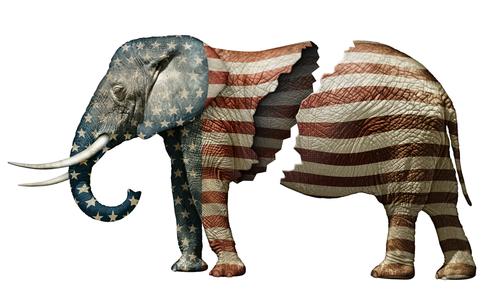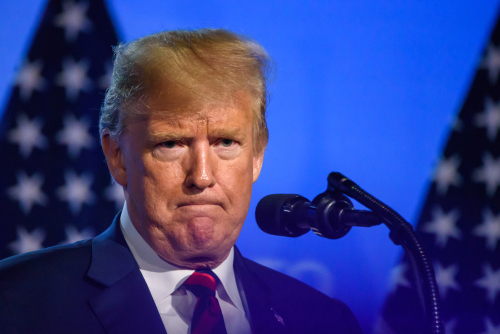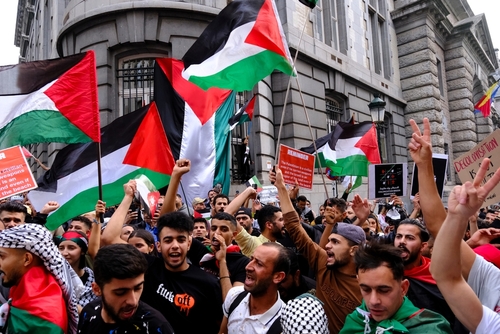
Ireland votes for new government on November 29
Listen To Story Above
Ireland’s President Michael Higgins has dissolved Parliament, setting the stage for a November 29 election that will determine the country’s next government. Prime Minister Simon Harris, who had until March to call an election, announced the date earlier this week.
The current government, a historic coalition led by Harris’ center-right Fine Gael party and the center-left Fianna Fail, has been in power since the 2020 election resulted in a virtual tie. Harris acknowledged the coalition’s differences but emphasized their collaborative efforts for the benefit of the Irish people.
General Election 2024 has been officially declared, with Taoiseach Simon Harris saying that the "sovereign" people of Ireland "deserve good government": pic.twitter.com/Wtc125dOrM
— gript (@griptmedia) November 8, 2024
Fine Gael and Fianna Fail, traditional rivals with roots in Ireland’s 1920s civil war, have alternated power for decades. In 2020, they set aside their differences to form a coalition, bringing in the Green Party as a junior partner. Fianna Fail’s Micheál Martin served as premier for the first half of the term, followed by Fine Gael’s Leo Varadkar, with Harris taking over after Varadkar’s recent resignation.
The left-wing nationalist Sinn Fein party, which won the largest share of votes in the previous election but was excluded from government, is fielding more candidates this time. Party President Mary-Lou McDonald called for change after a century of Fianna Fail and Fine Gael leadership.
Ireland, with a population of 5.2 million, faces challenges similar to other countries, including the aftermath of the COVID-19 pandemic, economic disruptions from the Ukraine war, and increased migration. Martin highlighted the potential challenges for the Irish economy in the next five years, citing global conflicts and potential changes in U.S. trade policy.
Harris emphasized the coalition’s achievements, including protecting people during the pandemic, supporting Ukraine, and addressing the cost-of-living crisis. He identified housing, immigration, and childcare as key issues for voters and expressed satisfaction with the government’s financial preparedness for potential economic shocks.
The Prime Minister recalled Ireland’s economic struggles in 2010 and the subsequent austerity measures, contrasting that period with the country’s current financial stability and ability to weather potential economic challenges.




